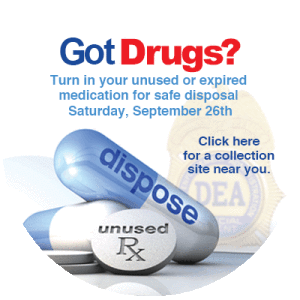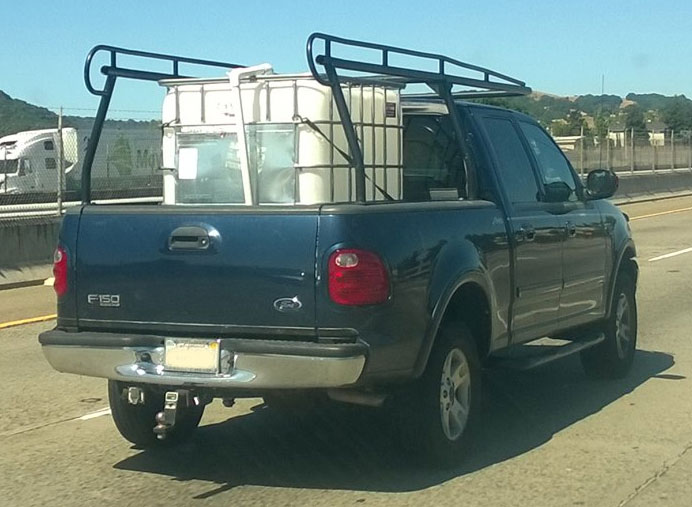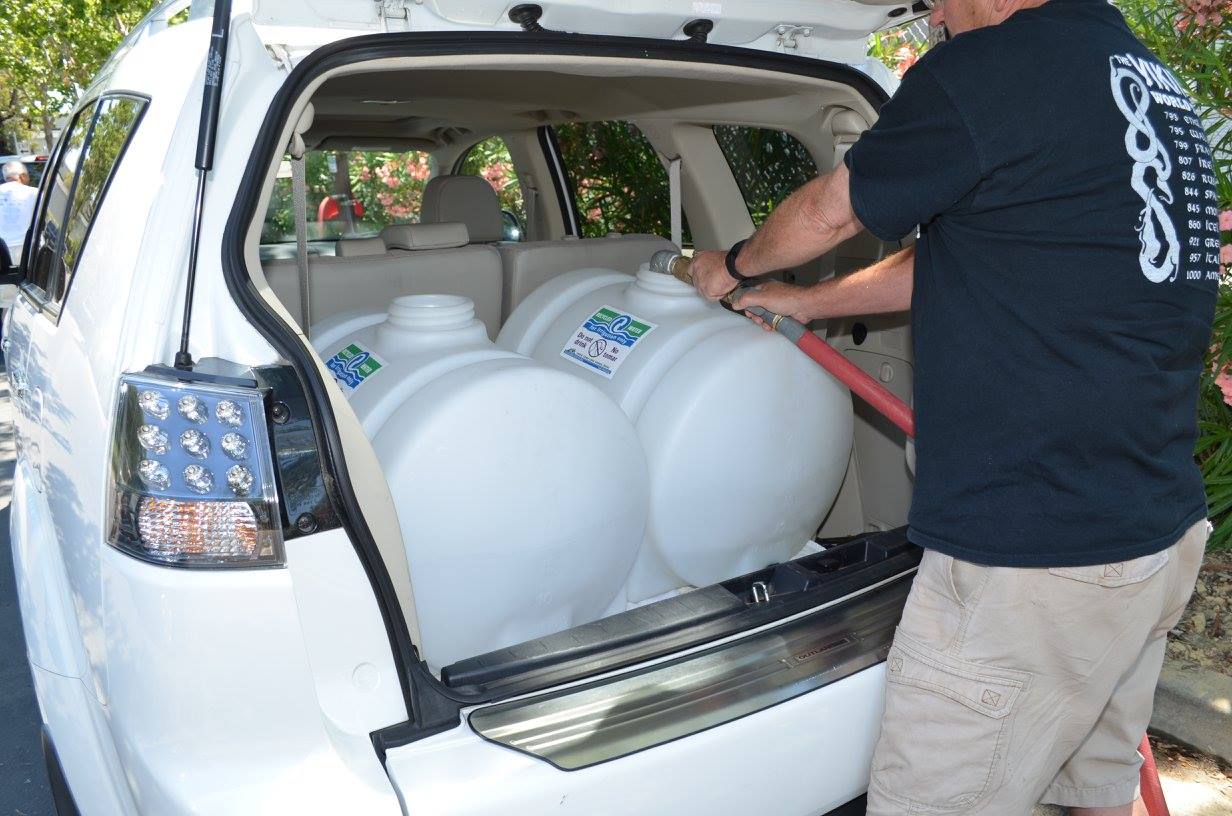 You see it all over the place these days. “DON’T FLUSH YOUR DRUGS!”
You see it all over the place these days. “DON’T FLUSH YOUR DRUGS!”
Why not? What is so bad about putting expired medication in the toilet and pulling the handle? Besides wasting water while we’re in a drought, the issues could occur when those pills dissolve in the water stream. Most conventional wastewater treatment plants can’t filter the chemicals in those medications out.
The Environmental Protection Agency (EPA) is still researching the effects of pharmaceuticals in the environment, but some things are known. When we take a medication our bodies will not absorb all of the drug, so some of it will pass through our bodies and be excreted when we ‘utilize the facilities.’
“Studies have shown that pharmaceuticals are present in our nation’s waterbodies. More research is needed to determine the extent of ecological harm and any role it may have in potential human health effects. To date, scientists have found no evidence of adverse human health effects” from pharmaceuticals in the environment.
The Central Contra Costa Sanitary District released the following Public Service Announcement today:
So why can’t we flush our unused & expired drugs?
Easy – don’t waste water. Honestly though, the EPA says that there are “no municipal sewage treatment plants that are engineered for pharmaceutical removal.” Basically – they can’t filter the drugs out.
Where does it go?
Right through the wastewater treatment process. Some of those chemicals will linger in any form of water that comes from a wastewater treatment facility. As unpopular as it may sound – its even in the recycled water that people are hauling home. There is more!
What are the levels of drugs in the water?
Parts per trillion. The concentrations in the water are so freaking low they are nearly undetectable. Special equipment had to be developed to even find the chemicals in the first place.
What does a ‘part per trillion’ mean?
The Water Environment Research Foundation (WERF) said “a part per trillion is about 1 second in 32,000 years, or one inch in 33 round-trips to the moon or $0.01 in $10,000,000,000.”
“On average, pharmaceuticals detected in U.S. drinking water are below 10 parts per trillion, except for caffeine which averages 25 parts per trillion.” The only exception here is that there are no regulations when it comes to standards. The concentrations are just too small.
Do these drugs affect aquatic life?
Yes they do. The New York Department of Environmental Conservation said “studies have shown that male fish have feminized (produced eggs) when exposed to hormones,” such as birth control pills. “Other drugs, such as anti-depressants and beta-blockers, reduce fertility or affect spawning in certain aquatic organisms. Even expired medications can cause these effects.”
How do I get rid of my old drugs?
The Drug Enforcement Administration holds a “National Prescription Take Back Day“, which will be held on Saturday September 26th.
This is a perfect opportunity to dispose of your old, unused drugs, safely with no questions asked.
To find the nearest location to you – click here: https://www.deadiversion.usdoj.gov/NTBI/ntbi-pub.pub?_flowId=public-flow



Leave a Reply